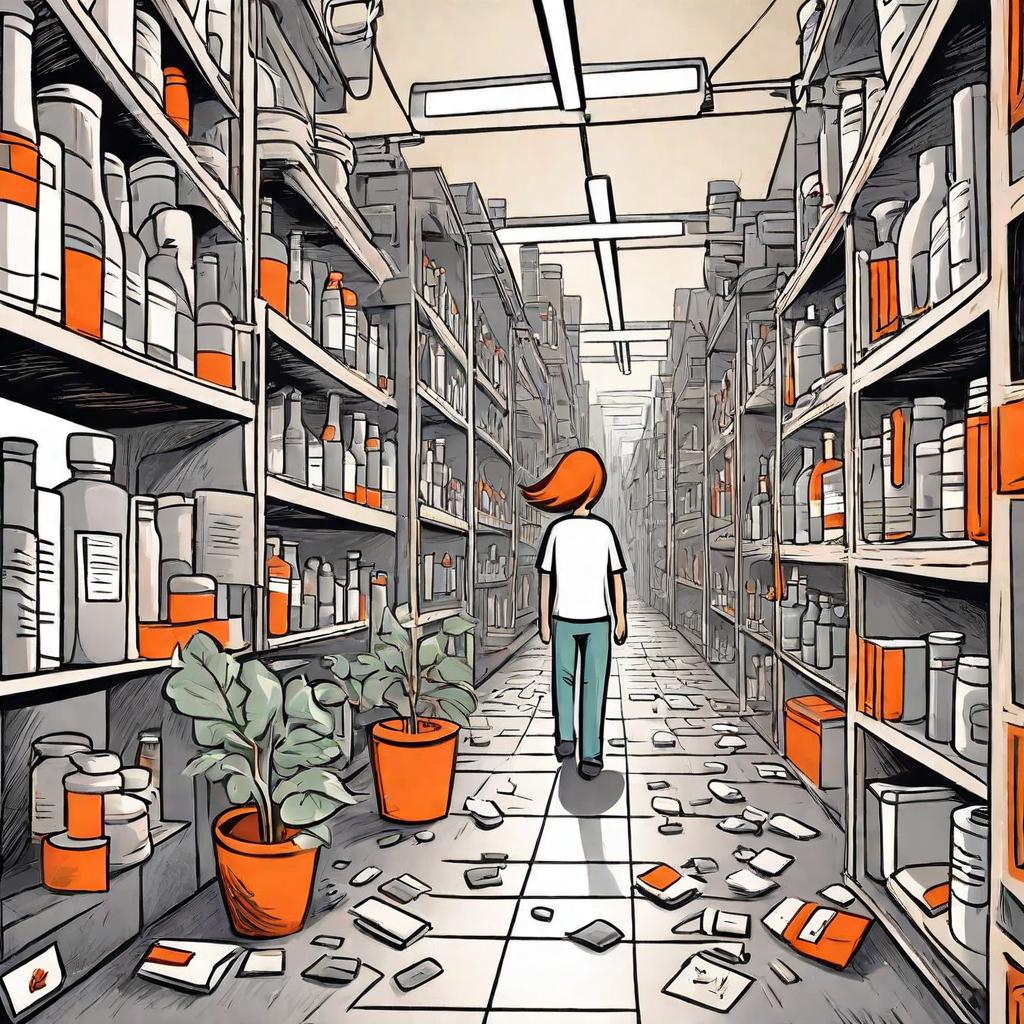Pursuing career in addiction treatment offers the opportunity to make a profound impact on individuals and communities. These rewarding careers are essential in addressing the growing need for addiction recovery and support services.

The Growing Need for Addiction Treatment Professionals
As addiction rates continue to rise, so does the demand for qualified professionals in addiction treatment. Substance abuse disorders affect millions of people worldwide, and the need for effective treatment and support has never been greater. This increasing demand presents a wide array of career opportunities for those passionate about making a difference in this field.


Types of Careers in Addiction Treatment
There are various career paths within the addiction treatment field, each playing a critical role in helping individuals on their recovery journey. Here are a portion of the key callings:
- Substance Abuse Counselor:
- Role: Substance abuse counselors work directly with individuals struggling with addiction. They provide counseling, support, and guidance throughout the recovery process.
- Qualifications: Typically requires a bachelor’s or master’s degree in counseling, psychology, or a related field, along with certification and licensure.
- Skills: Strong communication, empathy, and the ability to create individualized treatment plans.
- Clinical Psychologist:
- Role: Clinical psychologists diagnose and treat mental health disorders, including addiction. They use various therapeutic techniques to help patients understand and overcome their addiction.
- Qualifications: Requires a doctoral degree in psychology (Ph.D. or Psy.D.), state licensure, and specialized training in addiction treatment.
- Skills: Analytical thinking, patient care, and extensive knowledge of therapeutic practices.
- Psychiatrist:
- Role: Psychiatrists are medical doctors who specialize in diagnosing and treating mental health disorders, including substance abuse. They can prescribe medication and provide psychotherapy.
- Qualifications: Requires a medical degree (M.D. or D.O.), residency in psychiatry, and board certification.
- Skills: Medical knowledge, diagnostic abilities, and a deep understanding of pharmacology.
- Social Worker:
- Role: Social workers assist individuals and families affected by addiction, providing resources, counseling, and support to help them navigate the recovery process.
- Qualifications: Typically requires a bachelor’s or master’s degree in social work (BSW or MSW) and state licensure.
- Skills: Advocacy, resource coordination, and strong interpersonal skills.
- Recovery Coach:
- Role: Recovery coaches, also known as sober coaches or peer recovery specialists, provide non-clinical support and mentorship to individuals in recovery.
- Qualifications: Often requires certification through a recognized recovery coach training program.
- Skills: Personal experience with addiction and recovery, motivational skills, and the ability to provide empathetic support.
- Nurse:
- Role: Nurses in addiction treatment settings provide medical care, monitor patient health, and support the overall treatment plan.
- Qualifications: Requires a nursing degree (RN or LPN) and specialized training in addiction treatment.
- Skills: Medical knowledge, patient care, and the ability to handle complex health issues.
The Importance of Compassion and Empathy
A successful career in addiction treatment requires more than just technical skills and qualifications; it requires compassion and empathy. Professionals in this field often work with individuals who are at their most vulnerable. Understanding their struggles and providing a non-judgmental, supportive environment is crucial to their recovery.
Training and Education
Pursuing a career in addiction treatment typically involves specialized training and education. Many positions require advanced degrees and specific certifications. Continuous education is also important, as the field of addiction treatment is constantly evolving with new research and methodologies.
- Degree Programs: Many universities offer degree programs in psychology, social work, counseling, and nursing that include coursework on addiction treatment.
- Certification and Licensure: Depending on the career path, certification and licensure are often required. This ensures that professionals meet the standards of care needed to effectively treat individuals with substance abuse disorders.
- Continuing Education: Professionals in this field should stay updated with the latest research and treatment methods. This can involve attending workshops, conferences, and additional training programs.
Job Outlook and Salary
The job outlook for careers in addiction treatment is positive, with many positions expected to grow faster than average in the coming years. This growth is driven by increasing recognition of the need for mental health and addiction services.
- Substance Abuse Counselors: According to the U.S. Bureau of Labor Statistics, employment for substance abuse counselors is projected to grow much faster than average. The median annual wage for this profession is competitive and varies based on location, education, and experience.
- Clinical Psychologists and Psychiatrists: Both fields are expected to see significant growth. These positions typically offer higher salaries, reflecting the advanced education and training required.
- Social Workers and Nurses: These professions also have a positive job outlook, with opportunities in various healthcare settings.
Conclusion
Pursuing career in addiction treatment is not only a professional choice but also a deeply rewarding one. By becoming part of this vital field, you have the opportunity to make a significant impact on the lives of individuals and communities. Whether you choose to be a counselor, psychologist, social worker, nurse, or recovery coach, your work will be essential in helping individuals overcome addiction and reclaim their lives. The need for compassionate, well-trained professionals in addiction treatment continues to grow, offering a promising and meaningful career path for those dedicated to making a difference.
